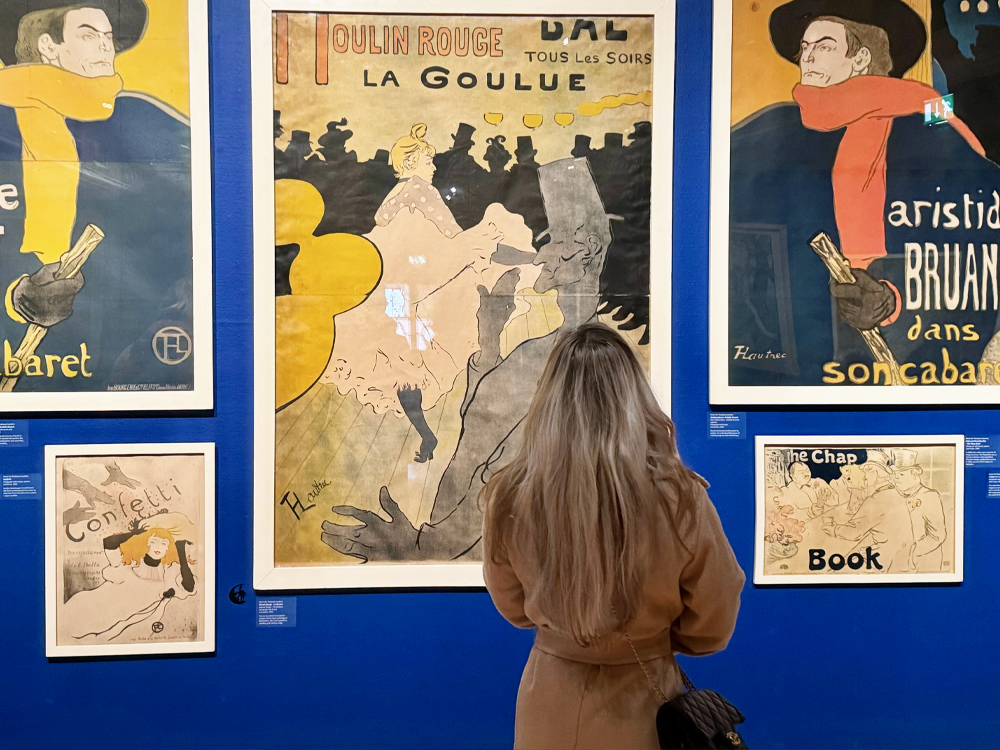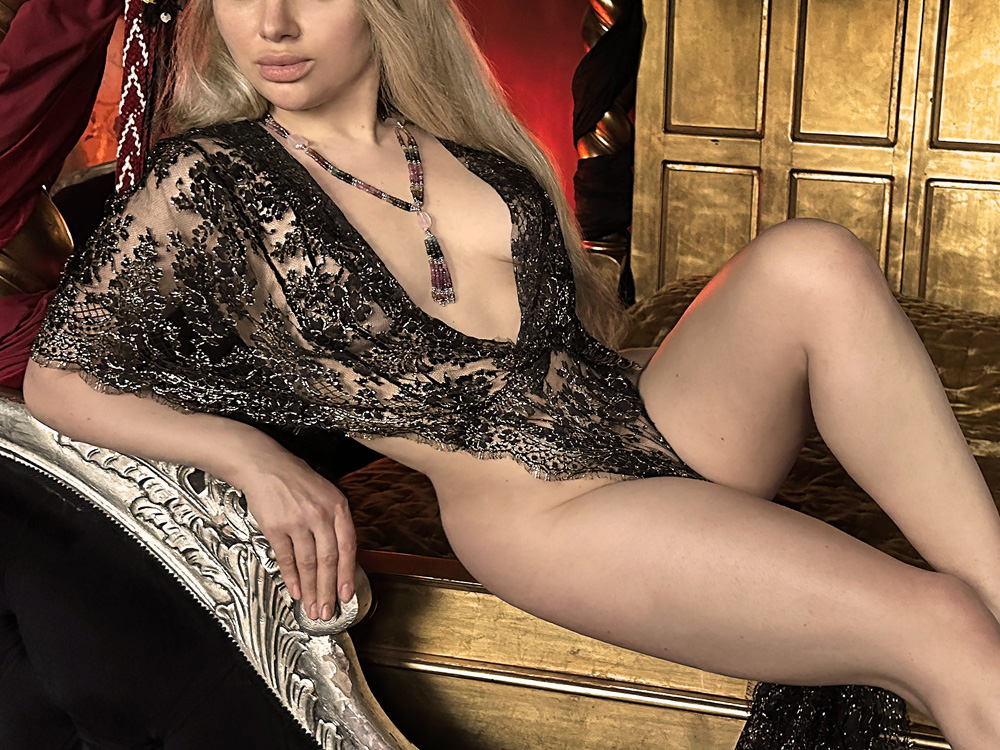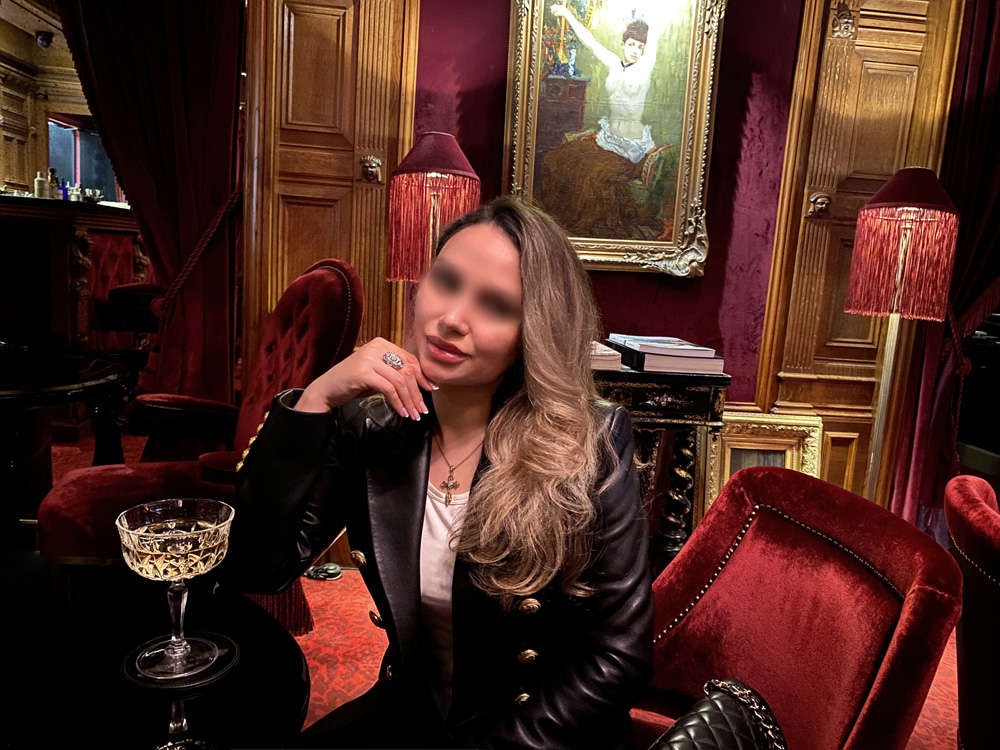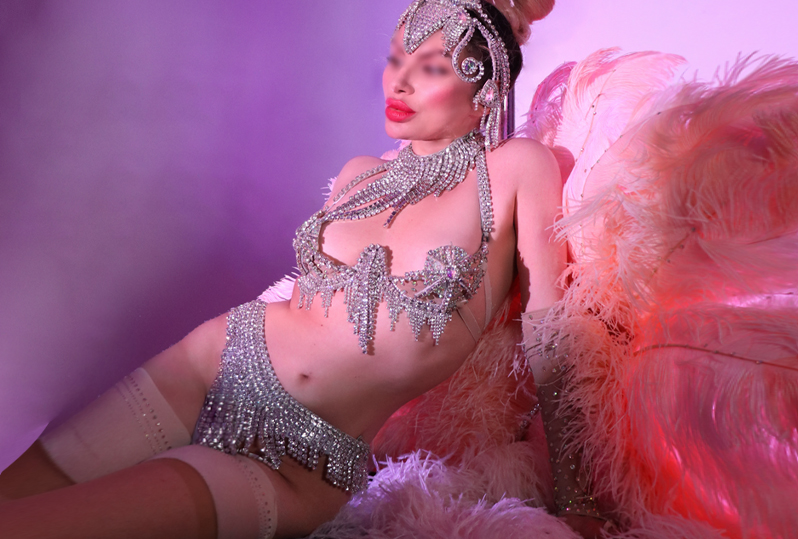
Charles Baudelaire’s whole existence was devoted to plunging into the intensity of life, often through the loss of self. He was drunk on life.
Baudelaire perfected the art of radical indulgence, rebellious, self-destructive indulgence which inspired artists and poets forever onward.
I have fallen for his charms too. He saw beauty in sin, provocative, scandalous, debauched, paradoxical, disturbing but also quiet, tranquil and meditative, benevolent, sober and confessional. His soul was a tormented, open bleeding wound searching for a refuge in the world of pleasure and fantasy.
There is no doubt that Charles Baudelaire was one of the greatest poets of the 19th century. An honest representative of the decadent literature movement, he had a huge influence on poetry ever since.
He was a contradiction that wanted to explore both directions – salvation and damnation.
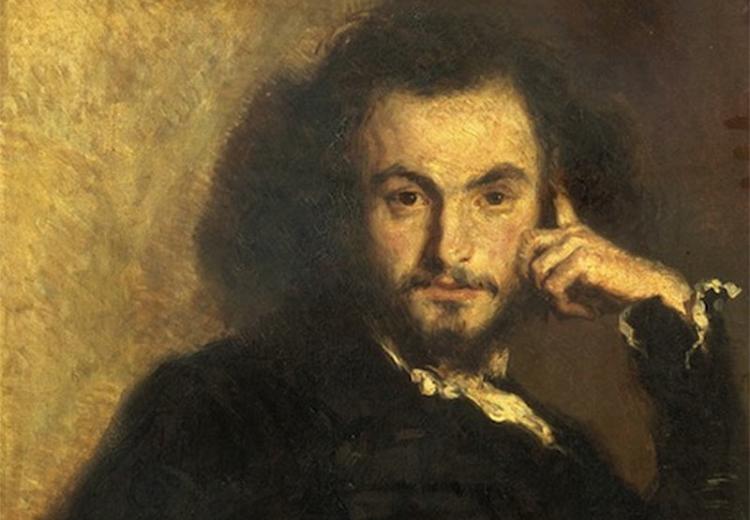
Emile Deroy, portrait of Charles Baudelaire, 1844, Versailles.
He lived an extravagant life, looking like a dandy and spending time in the world of demi-monde and opium dens of Paris in search of his ideals. He died young, burned his soul in the fire of passions like a true artist, but his legacy will remain forever.
His book, Les Fleurs Du Mal is a result of his findings – it’s infused with something ethereal – a masterpiece of French literature and a testament to the seductive beauty of melancholy and dark eroticism.
It was very controversial upon publication and both Baudelaire and the publisher were prosecuted under the regime of the Second Empire as an “an insult to public decency”, and the author was fined 300 francs. Six poems from the work were suppressed and the ban on their publication was not lifted in France until 1949. His poems are based on observations of real life and delve into themes of melancholy, original sin, evil, death, sacred and prophane love, eroticism, decadence, lost innocence, the corruption of the city, and the longing for an ideal world.
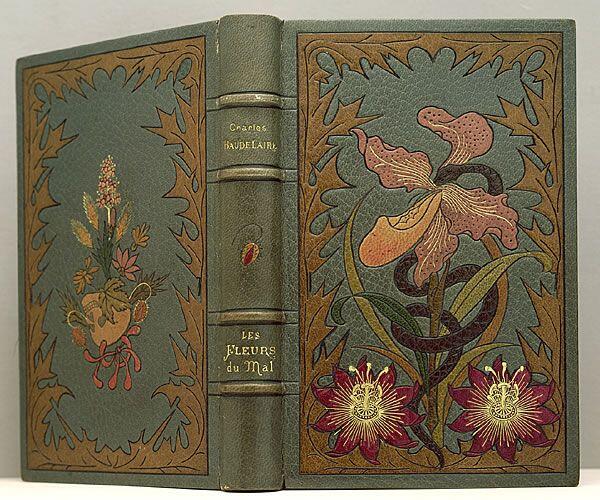
Charles Baudelaire Fleurs Du Mal First edition1857
Here is one of Baudelaire’s infamous banned poems, condemned for being far too explicit at the initial publication of Les Fleurs du Mal in 1857.
Of course for better understanding you have to read the original version, but alas I do not know French, so I have read all the translations to get a good idea.
This is a version by Roy Campbell, which I find the most beautiful.
The Metamorphoses of the Vampire
The crimson-fruited mouth that I desired —
While, like a snake on coals, she twinged and twired,
Kneading her breasts against her creaking busk —
Let fall those words impregnated with musk,
— “My lips are humid: by my learned science,
All conscience, in my bed, becomes compliance.
My breasts, triumphant, staunch all tears; for me
Old men, like little children, laugh with glee.
For those who see me naked, I replace
Sun, moon, the sky, and all the stars in space.
I am so skilled, dear sage, in arts of pleasure,
That, when with man my deadly arms I measure,
Or to his teeth and kisses yield my bust,
Timid yet lustful, fragile, yet robust,
On sheets that swoon with passion — you might see
Impotent angels damn themselves for me.”
When of my marrow she had sucked each bone
And, languishing, I turned with loving moan
To kiss her in return, with overplus,
She seemed a swollen wineskin, full of pus.
I shut my eyes with horror at the sight,
But when I opened them, in the clear light,
I saw, instead of the great swollen doll
That, bloated with my lifeblood, used to loll,
The debris of a skeleton, assembling
With shrill squawks of a weathercock, lie trembling,
Or sounds, with which the howling winds commingle,
Of an old Inn-sign on a rusty tringle.
— Roy Campbell, Poems of Baudelaire
